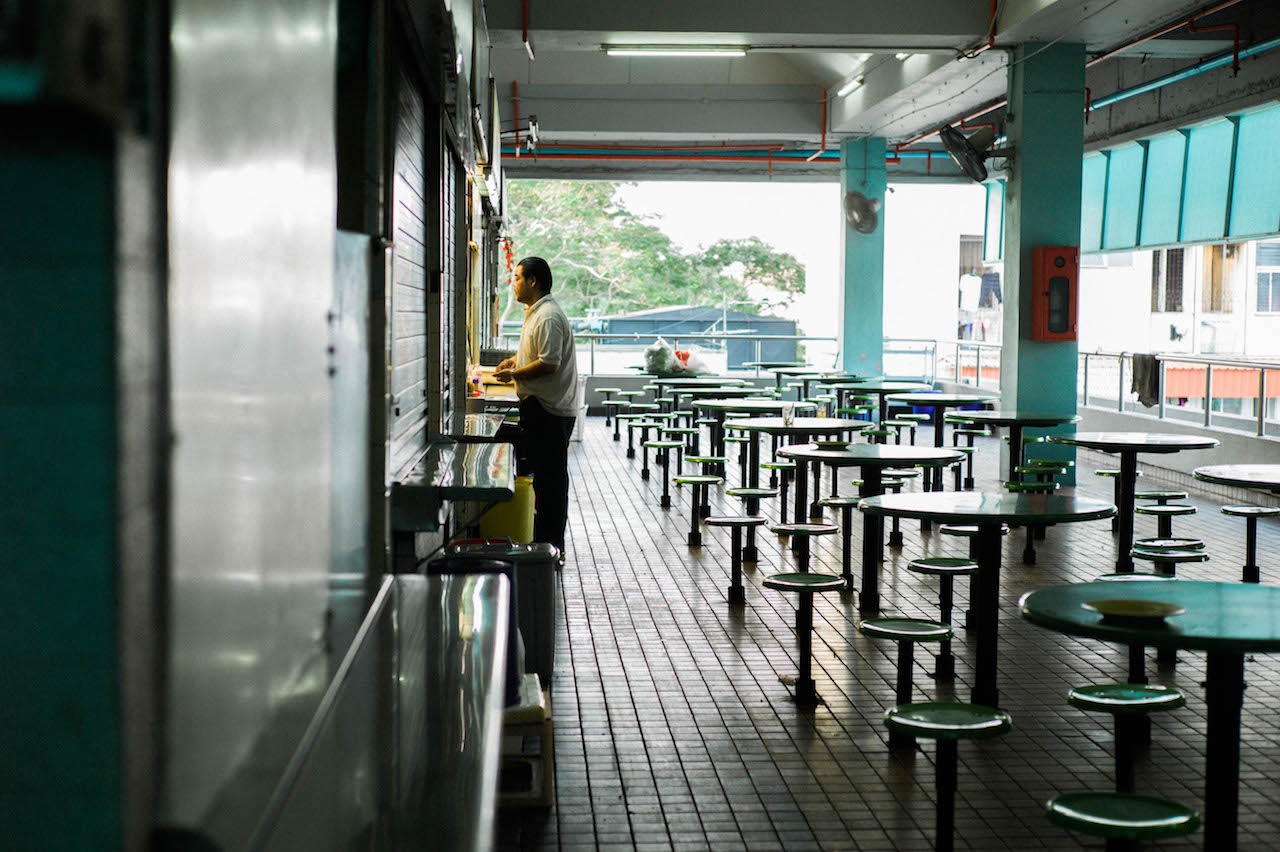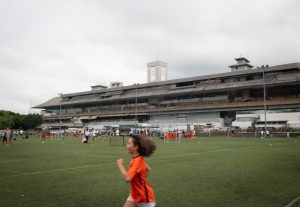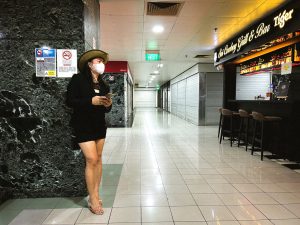We associate different places with different periods of our lives: the park near your secondary school with your first love, the 24-hour cafe with late-night study sessions, that one random void deck with a painful break up.
Shaped by our memories and experiences, these places, in a way, come to remind us of who we are.
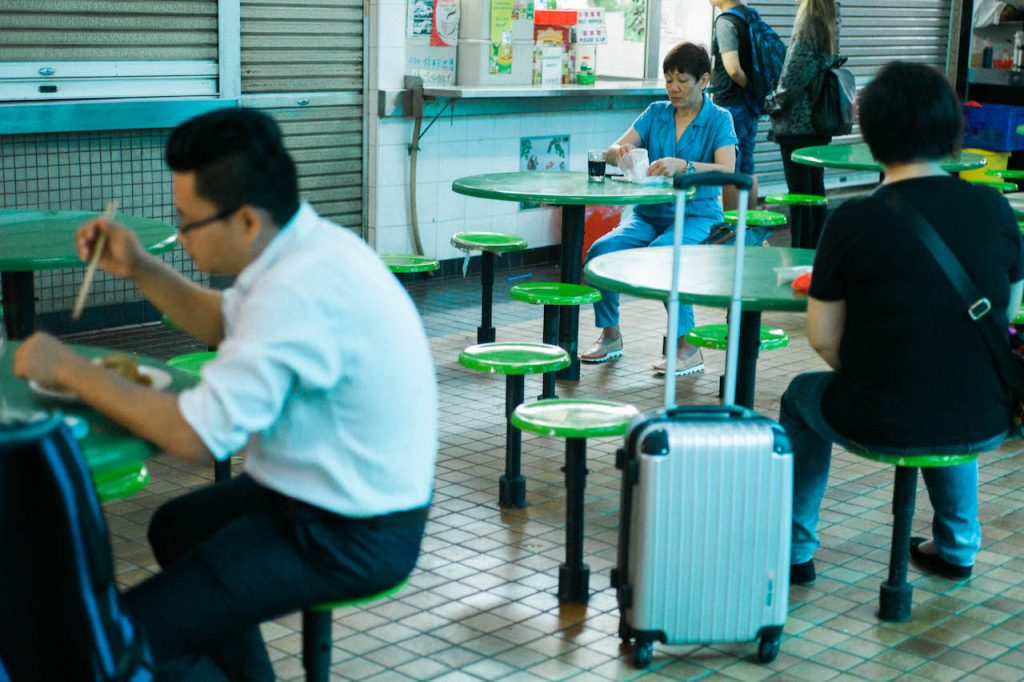
After discovering their affordable xiao long baos, the open-air food centre on the top floor became my go-to dinner spot with new friends who lived around the area. The early days of a friendship are markedly similar to romance – a heady rush of getting to know one another over regular dinner dates.
From never caring much for the food centre to being there almost every week, I built a life around a place that, for at least a few months, felt like home.
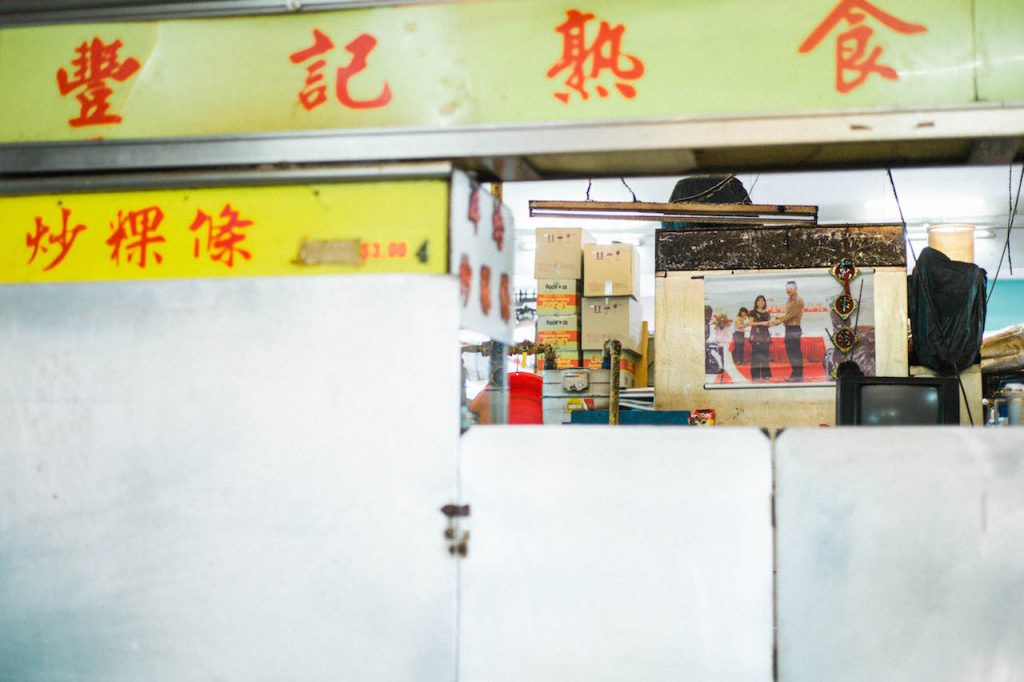
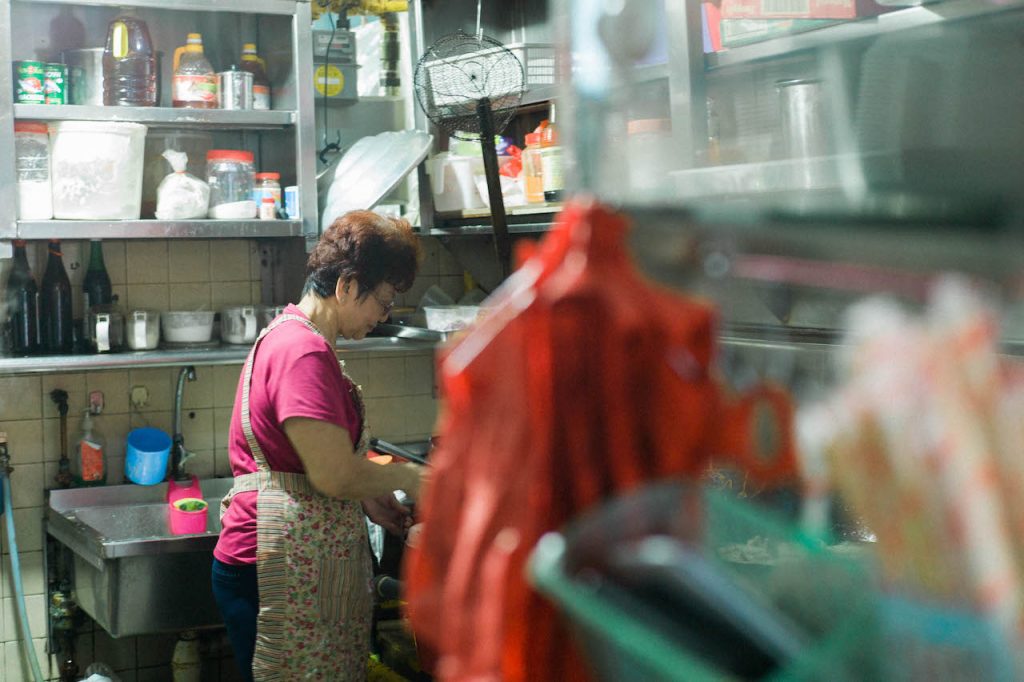
But as a strata-titled mall, the owner of every single stall needs to agree to moving out before the sale can proceed. Some have already left, like burger stall Hambaobao and ramen stall Buta Kin. But a few have yet to agree.
Most who remain for now settle for uncertainty, not knowing when their last days will arrive.
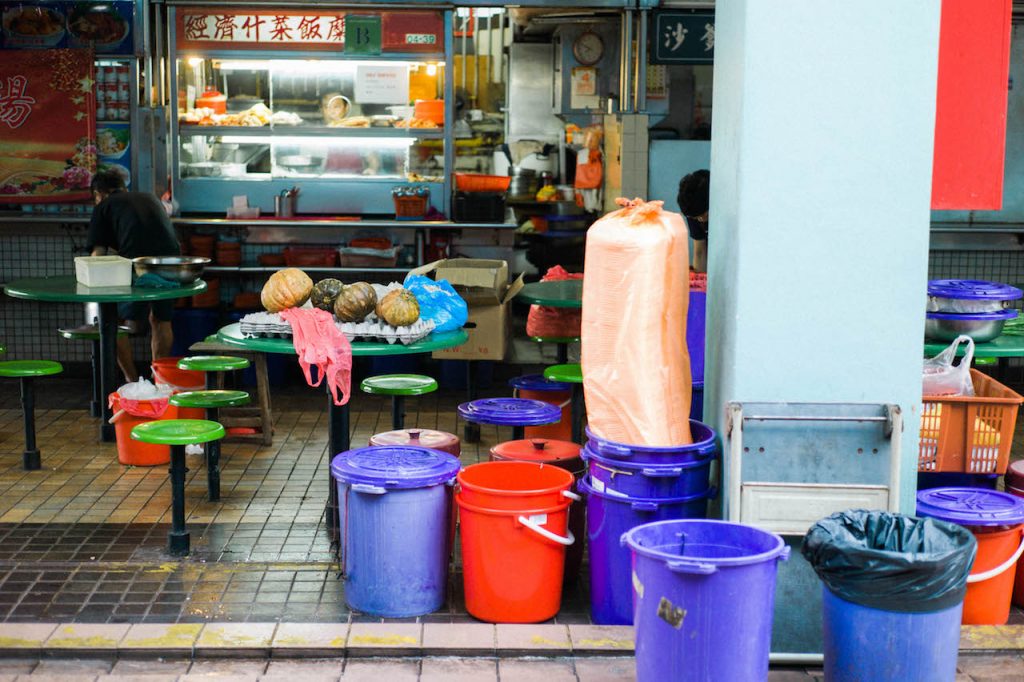
I manage to catch a few stall owners, but no one can help with my questions. Communication from the management has been poor, and they know just as much as I do.
What they can tell me is that they may call it quits if the sale eventually goes through. It’s understandable as they’re all above 65 years old.
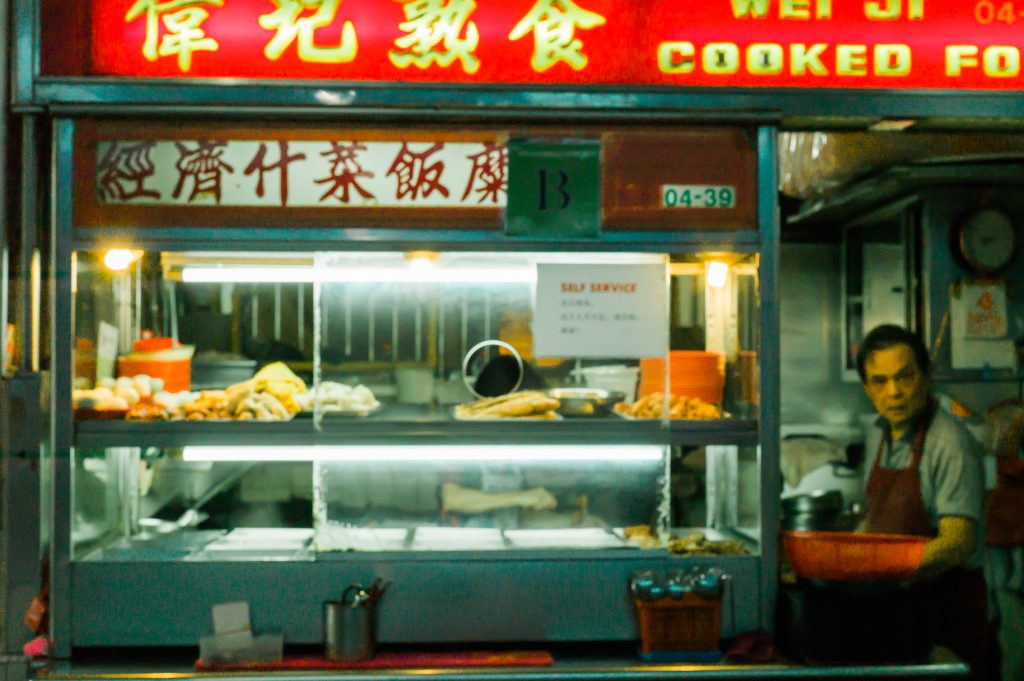
The family-run stall has been around for more than 30 years. In fact, since Beauty World first opened its doors, they have catered to retirees and the lunch crowd six days a week.
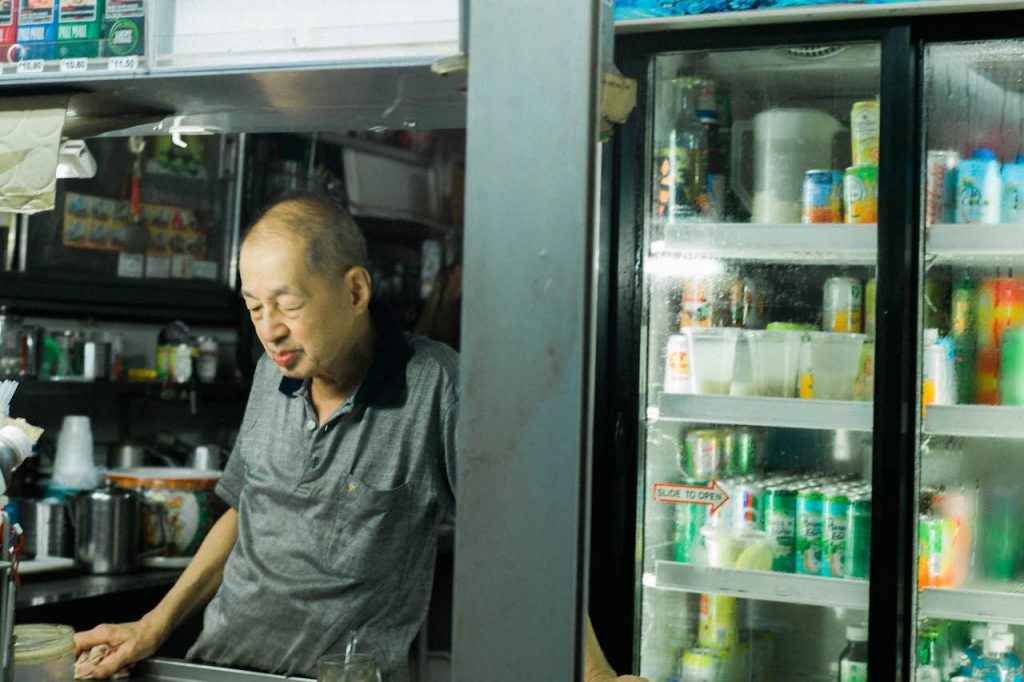
He emphasises that everyone is still waiting for a decision. In the meantime, no one can do anything, simply because “this is Singapore and everything is by law.”
Although his mandarin is heavily accented, the poignant resignation in his voice is clear as day. He speaks with the heaviness of one who sees no point in fighting money and power.
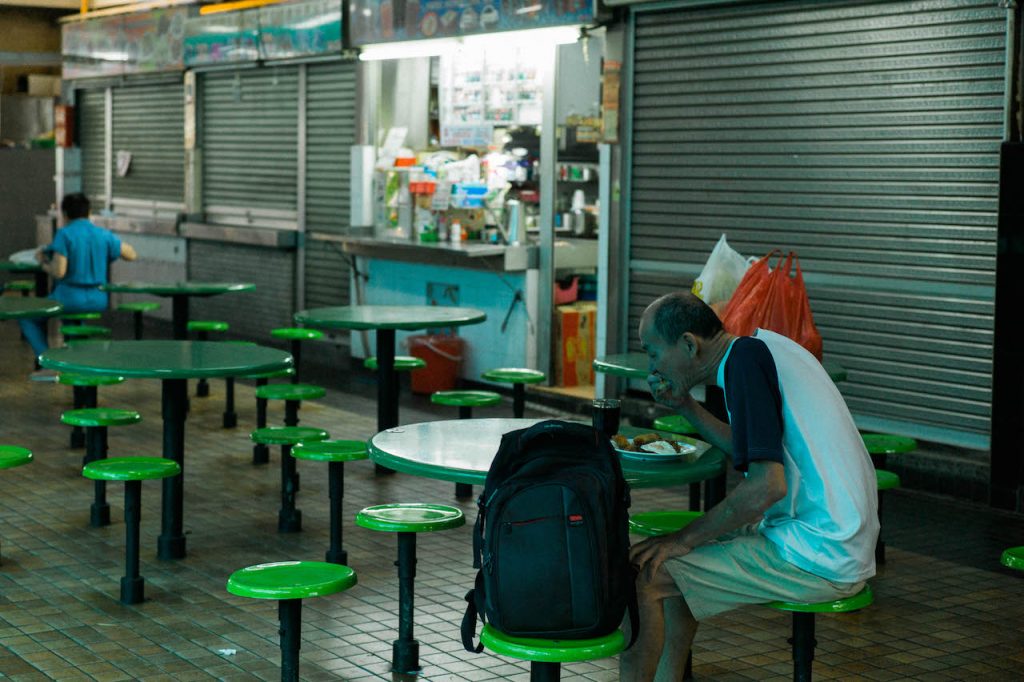
For regular customers like Bob, whom I join for breakfast, the food centre has been a constant in their lives. Every morning before starting his shift as a cleaner, he buys a filling meal from the nasi lemak stall. He also eats lunch and dinner here.
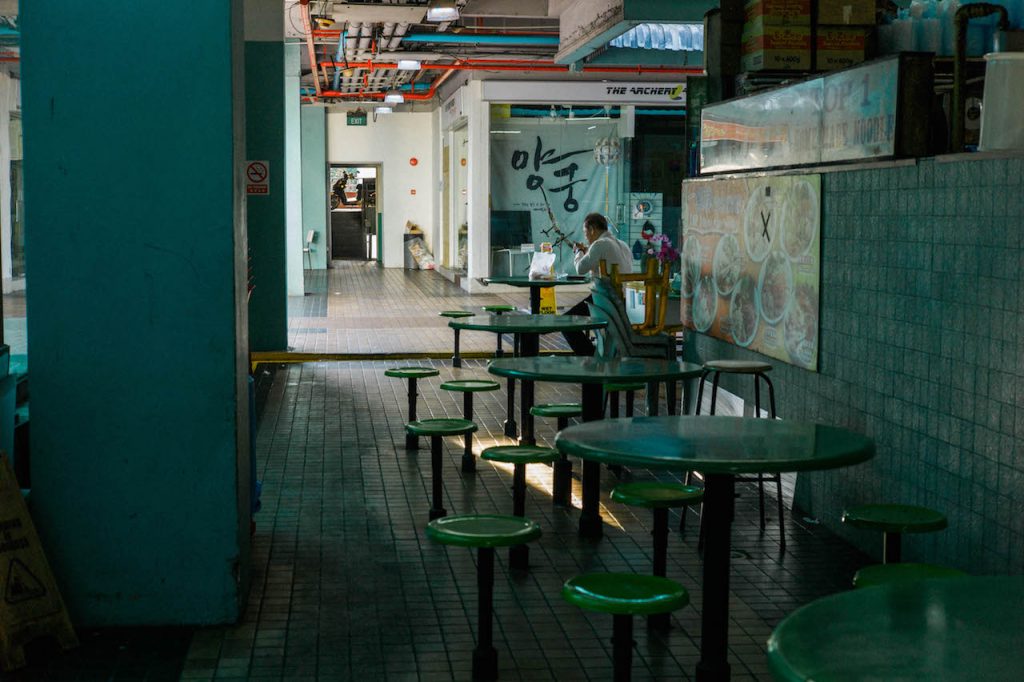
My own sense of loss suddenly feels extremely misplaced.
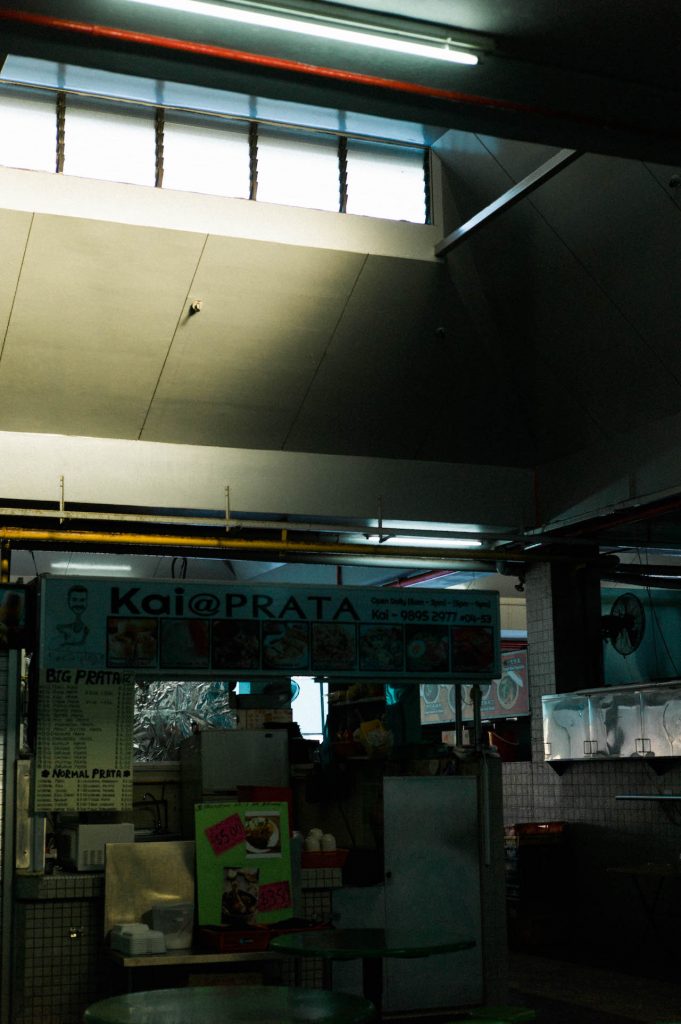
But neither modernity nor progress gives a shit about my personal history. When a place that has defined my identity makes plans to close, I’m reminded that nothing lasts forever.
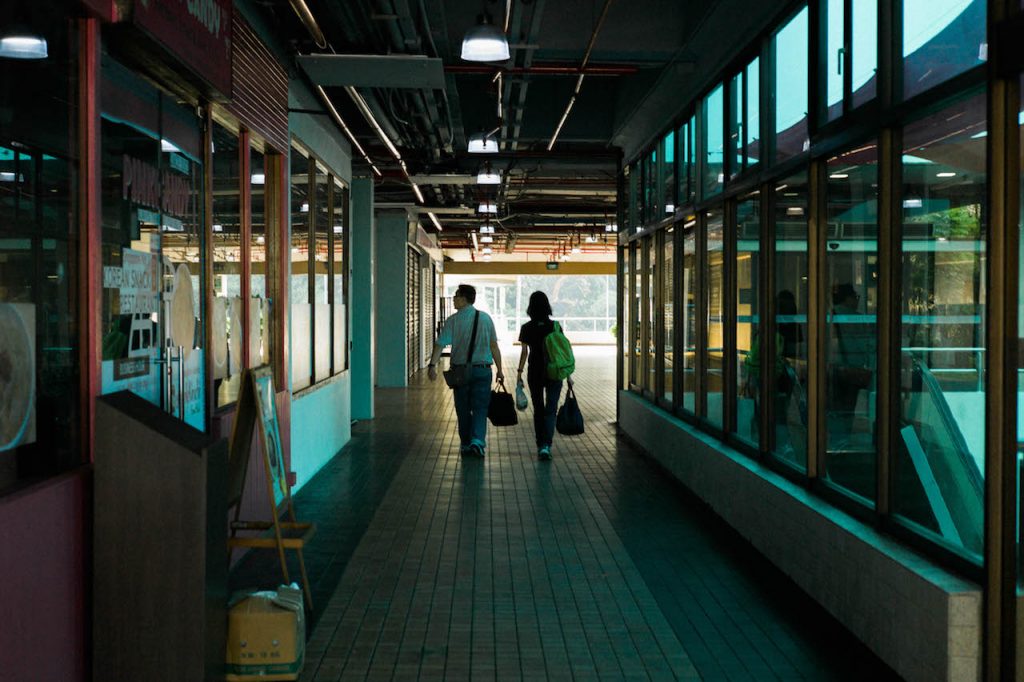
As Joan Didion wrote, “A place belongs forever to whoever claims it hardest, remembers it most obsessively, wrenches it from itself, shapes it, renders it, loves it so radically that he remakes it in his own image.”
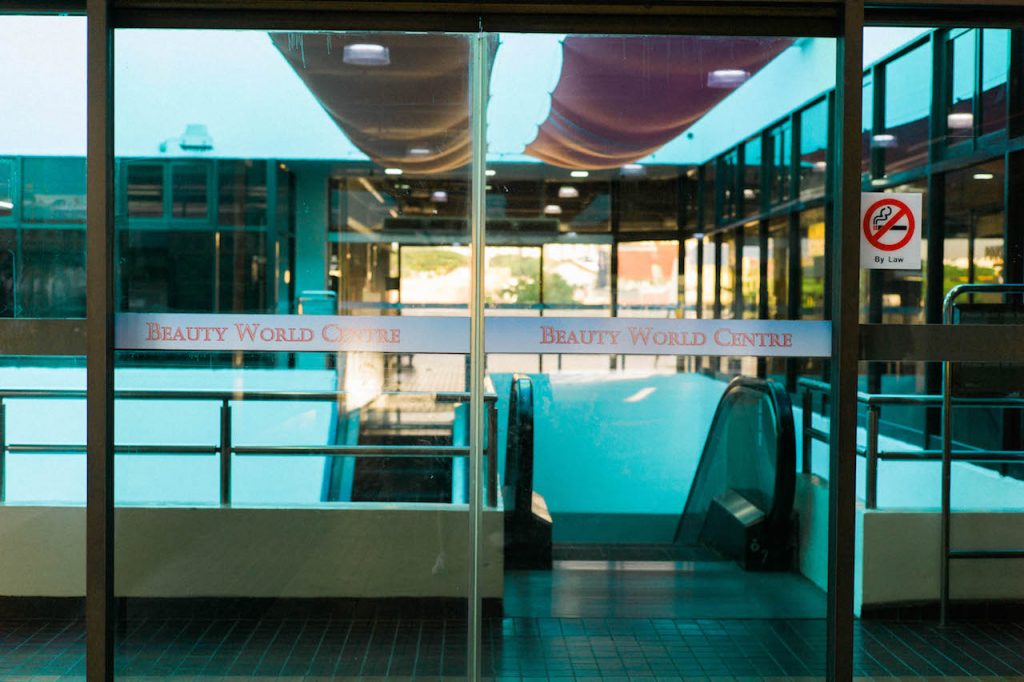
She laughs at my misguided nostalgia.
“Sad, for what?”
